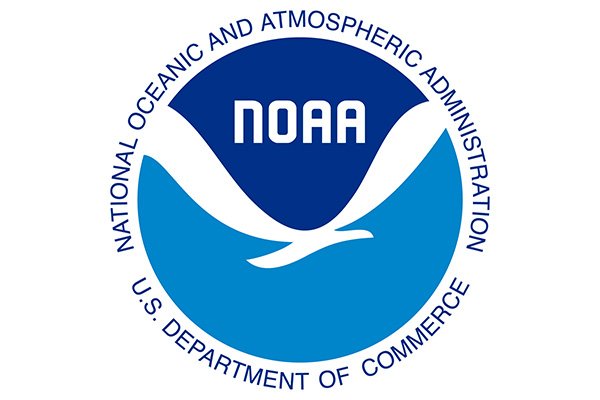Atlantic Salmon in a Changing Northwest Atlantic Ecosystem
Working to understand and protect Atlantic salmon populations
Atlantic salmon populations in North America and Europe have declined dramatically in recent decades, threatening the viability of many populations. Key drivers in the Northwest Atlantic marine ecosystem are the likely culprits for these declines. Our research seeks to identify these drivers and understand the mechanisms by which changing ecosystem conditions influence Atlantic salmon population outcomes.
Project Goals:
- Understand how changing ecosystem conditions affect Atlantic salmon energetics, growth, and population dynamics.
- Assess future risks associated with climate and ecosystem change in the Northwest Atlantic.
- Apply results to support Atlantic salmon conservation and management efforts.
In the 1990s, Atlantic salmon populations declined dramatically and have since remained at low levels. Declining populations have been observed for Atlantic salmon that spend one portion of their lives in geographically dispersed rivers and another in North Atlantic marine habitats. Based on the timing of the population declines, it's clear that the plight of Atlantic salmon stems from key marine drivers that act on these populations during the ocean phase of their lives. Our past research demonstrated correlations between population declines and large-scale shifts in the Northwest Atlantic marine ecosystem, and we identified links between climate indices, physical conditions, plankton, and prey fish that ultimately lead to the population health of Atlantic salmon.
Our current research seeks to understand mechanisms that explain these linkages, with a focus on evaluating the influence of changing energetics, growth, and survivability. Atlantic salmon population declines aligned with shifts in other species — including declines in abundance of Calanus finmarchicus (a nutritious, lipid-rich zooplankton species) and the reduced availability, size, and energy density of capelin (an important prey species for salmon).
To understand how these changes affect Atlantic salmon, we will analyze seasonal and annual growth patterns derived from incremental measurements of Atlantic salmon scales and develop models to relate growth changes, ecosystem conditions, and population trajectories. We also work closely with collaborators and managers to apply these results to conservation and management efforts that rely on assessments of future population potential and risks due to continued ecosystem and climate change.

Climate and ecosystem linkages explain widespread declines in North American Atlantic salmon populations
Mills et al. (2013)
Project Team
-
![the staff photo for Kathy Mills]()
-
![]()
-
![A portrait of a man smiling.]()
Tim Sheehan
Northeast Fisheries Science Center, Atlantic Salmon Ecosystems Research Team
Project Sponsor and Partner
This project is generously supported by funding from the National Oceanic and Atmospheric Administration's Cooperative Institutes under awards NA14OAR4310258 and NA19OAR4320074.
Read Next
-
![Gulf of Maine Warming Update: Spring 2024]()
Gulf of Maine Warming Update: Spring 2024
Over the past decade, scientists have led a body of research that highlights the rapid pace of warming in the Gulf of Maine. To help …
Reports
-
![Gulf of Maine, Explained: Tracking Ocean Conditions]()
Gulf of Maine, Explained: Tracking Ocean Conditions
GMRI Senior Program Manager, and leader of our Ocean Data Products team, Riley Young-Morse explains how she uses deep water buoys to collect data on …
Gulf of Maine, Explained
-
![Gulf of Maine, Explained: Environmental DNA (eDNA)]()
Gulf of Maine, Explained: Environmental DNA (eDNA)
GMRI Research Scientist Dr. Graham Sherwood, who leads our Fisheries Ecology Lab, explains how environmental DNA (eDNA) can help us study fish populations in the …
Gulf of Maine, Explained
-
![Gulf of Maine, Explained: Species Distribution Modeling]()
Gulf of Maine, Explained: Species Distribution Modeling
GMRI Quantitative Research Associate Dr. Andrew Allyn talks about how scientists use computer models to understand where fish are in the Gulf of Maine, and …
Gulf of Maine, Explained




